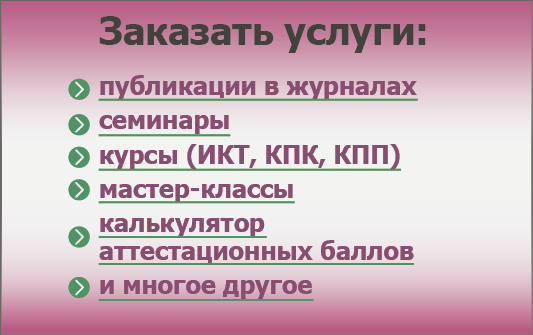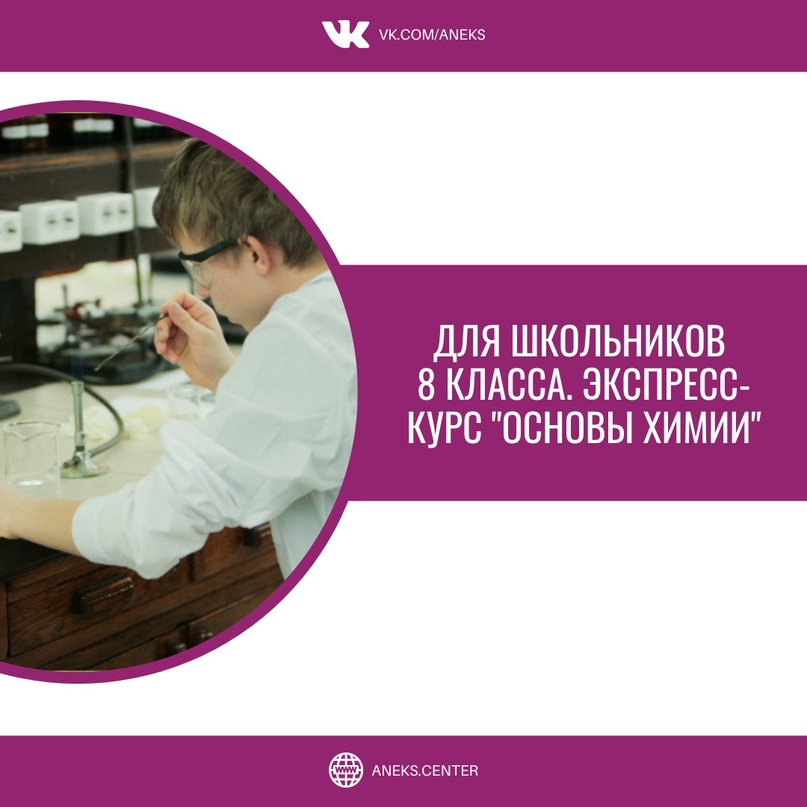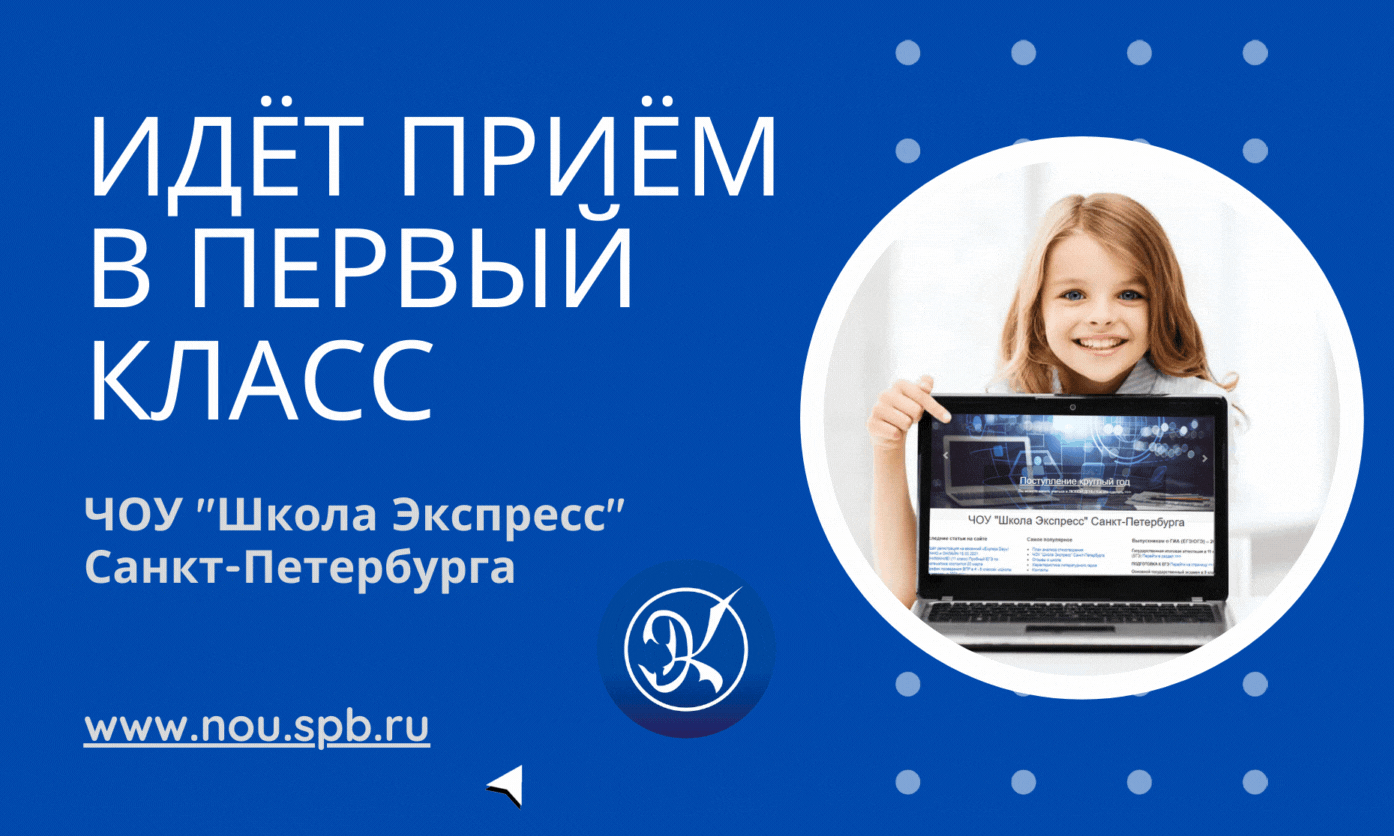Проект
Traditions, Customs and Habits of Great Britain
Бокова Татьяна Николаевна
Проект «Traditions customs and habits of Great Britain» состоит из трех этапов (уроков (Activity)): подготовительный, основной, заключительный, организуемых в определенной последовательности в соответствии с технологией использования проектной методики при обучении иностранному языку.Activity 1. ( Подготовительный этап).
Занятие начинается с краткого введения учителя. Он актуализирует информацию об основных особенностях проектной деятельности, определяет тему проекта – «Traditions customs and habits of Great Britain»
Этапы:
1. Сформулировать проблему исследования;
2. Выдвинуть гипотезы и определить направления поиска информации по работе с гипотезами;
3. Организовать группы учащихся, определить роли каждого члена группы.
Учащимся предлагается ряд наводящих вопросов:
1. What traditions customs and habits of Great Britain do you know?
2. Why do we need to know traditions customs and habits of Great Britain?
После ответов учащихся, учитель предлагает учащимся информационную справку: это текст, рассказывающий об особенностях жизни англичан, их нравах. Для работы с данным текстом класс разбивается на четыре группы.
Алгоритм работы в группах:
1. Прочитать текст.
2. Понять содержание (в случае затруднения перевода обращаться к словарю).
3. Подготовить сжатый пересказ текста.
4. Выступить с кратким сообщением перед классом.
1 группа.
The English are naturally polite and are never tired of saying “Thank you” and “I am sorry”. They are generally disciplined; you never hear loud talk in the street. They don't rush for seats in buses and trains, but they take their seats in queues at bus stops. English people do not shake hands when meeting one another; they do not show their emotions even in tragic situations. They seem to remain good-tempered and cheerful under difficulties.
The English are a nation of stay-at-homes. There is no place like home. The Englishman says “My house is my castle” because he doesn't wish his doings to be overlooked by his neighbors. It is true that English people prefer small houses, built for one family. The fire is the focus of the English Home. Other nations go out to cafes or cocktail bars. The fireplace is the natural centre of interest in the room. They like to sit round the fire and watch the dancing flames, exchanging the day's experience. In many houses you will still see fireplaces, sometimes with columns on each side and a shelf above it on which there is often a clock or a mirror or photos.
2 группа.
The love of gardens is deep-rooted in the British people. Most men's conversations are about gardens. It may be a discussion of the best methods of growing cucumbers, a talk about the plot which differs from all the others.
The British like growing plants in a window-box outside the kitchen or in the garden near the house. They love flowers very much.
Britain is a nation of animal lovers. They have about five million dogs, almost as many cats, 3 million parrots and other cage birds, aquarium fish - and 1 million exotic pets such as reptiles. In Britain they have special dog shops selling food, clothes and other things for dogs. There are dog hair-dressing saloons and dog cemeteries. In Britain pets can send Christmas cards to their friends, birthday cards. Owners can buy for their pets jeweled nylon collars, lambs ‘wool coat for a dog, lace-trimmed panties, nightgowns, pajamas, and so on. There are special animal hotels at the airports. The English people believe that they are the only nation on the earth that is really kind to its animals. How do they spend their week-ends?
3 группа.
Those who live in cities and towns like to go out of town. They may go to stay in the country. Every Englishman is fond of the countryside in a nice thatched cottage with roses round the porch and in the garden, the fresh air and bright sun. No crowds of people, silence and leisure.
Those who stay at home try to do all the jobs they, were too busy to do during the week. Some go shopping on Saturday mornings, some do the house - washing, cleaning. Some men do and watch sporting events.
Saturday evening is the best time for parties, dances, going to the cinema or theatre?
On Sunday after breakfast they may go to work in the garden take a dog for a walk, play a visit to a pub. Sunday is a day for inviting friends and relatives to afternoon tea.
4 группа.
There are some traditions concerning food. English cooking is heavy, substantial and plain. The Englishman likes a good breakfast. To him a good breakfast means porridge with, fish, bacon and eggs, toast and marmalade, tea or coffee. It is the same day to day. The English like their toast cold.
Tea is part of the prose of British life, as necessary as potatoes and bread. Seven cups of it wake you up in the morning; 9 cups will put you to sleep at night.
The midday meal is called lunch. This meal consists on week- days of stew, fried fish, chops, liver or sausages, vegetables. Rice and macaroni are seldom served. Then does an apple tart, or hot milk pudding. Sunday dinner is a special occasion, it is a joint of beef or lamb with vegetables. Then goes a large heavy pudding with custard. From 4 to 6 there is a very light meal called 5 o'clock tea. It is a snack of thin bread and butter and cups of tea with small cakes. This became a kind ritual. At this time everything stops for tea.
Dinner (usually at 6 p.m.) is much like lunch and is in many families the last meal of the day. Supper is a snack of bread and cheese and cocoa.
Далее учитель совместно с учащимися определяют направления и задачи их учебной деятельности по теме «Traditions customs and habits of Great Britain» и формируют группы.
Задачи:
- исследовать традиции и обычаи современной Англии;
- найти иллюстрации к данной теме;
- подготовить защиту проекта по теме «Традиции и обычаи Англии».
Направления учебной деятельности:
1. Christmas Day.
2. Thanksgiving Day.
3. Good Friday.
4. Halloween.
5. Spring Bank Holiday.
6. Late Summer Bank Holiday.
7. Tea in England.
Activity 2. (Основной этап).
Занятие начинается с краткого введения учителя: учитель приветствует всех участников, формирует цели урока.
На данном этапе происходит актуализация уже известного языкового материала по выбранной теме, а также ознакомление с новыми лексическими единицами.
Задача: Организовать работу в малых группах по сбору и обработке необходимой информации, анализа и синтеза идей.
Этапы: С целью систематизации и закрепления основной лексики по выбранной теме учащимся предлагаются различные виды речевых упражнений:
1. Учитель раздает учащимся для работы в группах дополнительный материал, в котором отражена информация о традициях и обычаях Англии.
2. Учитель демонстрирует учащимся фотоиллюстрации, картинки по данной тематике. Учащиеся работают по группам, каждая группа по очереди озвучивает то, что изображено на иллюстрации, используя необходимые слова и выражения из активного вокабуляра.
Например:
Thanksgiving Day
There is one day a year when all Americans stay home with their families and eat a big dinner. This is Thanksgiving Day. The pilgrims celebrated the first Thanksgiving Day in the fall of 1621. The pilgrims sailed to America on board the "Mayflower" ship for religious freedom. They were among the first European settlers in America.
There were people living in America before the pilgrims arrived. These people were the Native American Indians.
The pilgrim first winter in the New World was very difficult. They had arrived too late to grow many crops. Without fresh food half of the pilgrims died. The following spring the Indians taught the pilgrims how to hunt, fish, plant and survive in America. The crops did well and in the fall of 1621 pilgrims had a great harvest. They were thankful and decided to celebrate with a Thanksgiving feast. They prepared a dinner of turkey, corn, beans and pumpkins. They invited their Indian friends to share this feast. The Indians brought food for the feast too (they even brought popcorn!). Americans still celebrate Thanksgiving Day in the fall. It is celebrated on the fourth Thursday in November. Turkey is still the main dish and pumpkin pie is the most popular dessert.
Tea in England
As in Holland, it was the nobility that provided the necessary stamp of approval and so insured its acceptance. King Charles II had married, while in exile, the Portuguese Infant Catherine de Braganza (1662). Charles himself had grown up in the Dutch capital. As a result, both he and his Portuguese bride were confirmed tea drinkers. When the monarchy was re-established, the two rulers brought this foreign tea tradition to England with them. As early as 1600 Elizabeth I had founded the John Company for the purpose of promoting Asian trade. When Catherine de Braganza married Charles she brought as part of her dowry the territories of Tangier and Bombay. Suddenly, the John Company had a base of operations.
Halloween
October 31st is Halloween, and you can expect to meet witches and ghosts that night. Halloween is an old word for "Hallows Evening", the night before "All Hallows" or "All Saints' Day".
One night of the year, ghosts and witches are free. Well, that's the traditional story. A long time ago people were afraid and stayed at home on Halloween. But now in Britain it’s a time for fun. There are always a lot of parties on October 31st. At these parties people wear masks and they dress as ghosts and witches, or as Dracula or Frankenstein's monster. And some people make special Halloween lamps Iron a large fruit the pumpkin.
First they take out the middle of the pumpkin. Iren they cut holes for the eyes, nose and mouth. Finally they put a candle inside the pumpkin.
Summer Holidays
All the people enjoy summer holidays very much. It is a great pleasure to have a rest after a whole year of hard work or study. People like to travel during their summer holidays. Some people go abroad to see new countries, some people prefer to go to the country-side to enjoy country-life far from noise and fuss of big cities.
Some people like to spend their holidays in cities, visiting theatres, museums and going sightseeing. But a great number of people go to the seaside in summer.
I like to have rest at the seaside best of all. I do not like crowds when I am on holiday. My family and I always have our holiday on the coast. Sea and sunshine that is what we look forward to every summer. Hotels at the large seaside towns are rather expensive, so we usually go to a holiday camp.
Last year we spent our holidays in such a camp. Each day was full of small joys. We swam in the sea, lay in the sun, played different games and had a wonderful time. We lived there for about a month and did not even notice when the time came for us to return home. The time flew very quickly. It was a wonderful rest.
Выполнение данных упражнений способствует активизации учащихся в малых группах, подводит к сбору необходимой информации, анализу и синтезу идей.
В процессе проектирования учителем постоянно осуществляется отслеживание деятельности каждого ученика на всех этапах работы над проектом.
Activity 3. (Заключительный этап).
Вводное слово учителя: Учитель приветствует всех учащихся, формирует цели урока.
Задачи: Завершить отбор информации и ее обсуждение в группах, составить сценарий защиты проекта.
1. Оформить проектную работу (конечный результат в виде юмористического фотоколлажа, стенгазеты, дневника, журнала, записей интервью, доклада, электронная презентация и т.д.).
2. Защитить проект, проанализировать результаты проектной деятельности.
Этапы:
1. Подготовка.
Учитель предоставляет время учащимся (20 мин) для завершения проектной работы, ее оформления и подготовки к защите (презентации) результатов. Наблюдает, координирует деятельность учащихся.
2. Защита проекта.
3. Оценка результатов
Во время защиты проектов проводится оценка результатов как самими учащимися, так и учителем.










